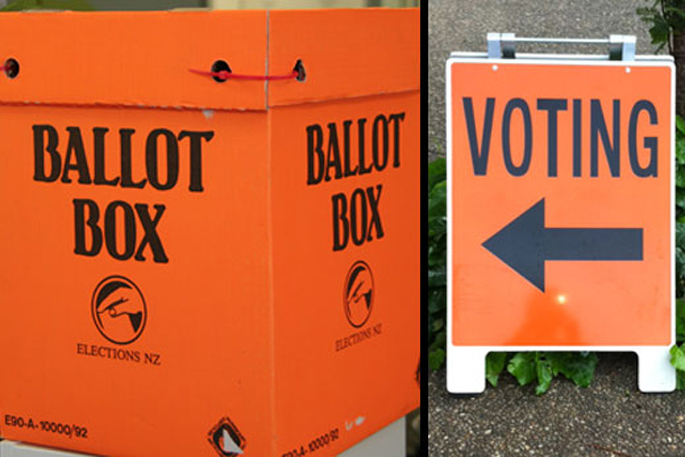Through six votes against five, Whakatāne District Council has opted to stay with the first past the post electoral system for the 2025 local election - though some councillors may be hoping a poll can overturn the decision.
The decision against changing to single transferrable voting was made at a meeting last week.
Electoral officer Dale Ofsoske from Election Services presented three options to council - to stay with FPP, change to STV or to poll electors on what system to use for the next triennium.
Elected members were told that if they wanted to change the system they needed to make a decision by September 12 and notify it to the public by September 19.
However, a poll of electors could be demanded if five per cent (1295) of electors asked for it through a petition before December 11 this year.
Mr Ofsoske said the district had previous experience of STV as the former Bay of Plenty District Health Board had used this system.
A lengthy presentation was given, explaining in detail how STV worked. In short, rather than ticking one name for each position they were eligible to vote for on council, voters would be asked to rank the candidates, marking their first choice with a “1” their second choice with a “2”, and so on.
A candidate must get over half of the votes to win. If no candidate passed the 50 percent mark from voters’ first selection, the lowest ranked candidate’s votes were redistributed among the remaining candidates depending on who the voters ranked second.
If there was still no clear winner, the same happened with the second lowest ranked candidate, and so on, until someone ended up with the majority of votes.
Councillor Nandor Tanczos said he would be voting for STV because it seemed clear to him that it produced better representation and a better mandate.
He used the analogy of a family of eight ordering one pizza and having to vote for the topping.
“Three people out of eight really love super-hot chilli so they vote for that. Two people vote for margherita, two people vote for cheesy garlic, one person is going to go for pineapple, because, you know ... there’s always one person who likes pineapple. Under first past the post, five out of eight people would be forced to eat super-hot chilli. Maybe some people can’t stand super-hot chilli or are allergic to it.
“Under STV it would be different. You’d go back to the person who likes pineapple, because they had the least number of votes, to see what’s their second preference. Maybe it’s a margherita, so now you’ve got three people voting for chilli and three for margherita.
Then you might knock out the cheesy garlic and they might say, ‘we can’t stand the super-hot chilli, we’ll go for the margherita too. So you end up with a margherita, which everyone can eat and everyone is pretty happy with, instead of three people determining what everyone should eat.
Mr Tanczos said there had been two elections during his time in council where having STV would have given the people voted for a greater mandate.
“I think, particularly, back to the contest between Alison Silcock and Hinerangi Goodman, where it was down to only one vote. STV would have delivered a clear winner and that councillor would have had an absolute mandate.”
Councillors Toni Boynton, Tu O’Brien, Ngapera Rangiaho and Lesley Immink agreed.
Miss Rangiaho said there was some discontent in the community with people feeling they were not being heard. She felt staying with first past the post just because it was the status quo showed complacency.
Lesley Immink was keen to “embrace change”.
“I don’t accept that just because it’s always worked the same way that that is the best way. Just because it’s not broken doesn’t mean you shouldn’t try something new.”
However, they were outvoted by councillors Gavin Dennis, Wilson James, John Pullar, Andrew Iles, Julie Jukes and Mayor Victor Luca.
“Despite councillor Tanczos’ mouthwatering analogy … FPP is really quite simple and it has done the job for us,” Dr Luca said.
“I personally haven’t seen much clamour for STV except for one or two people,” Mr Dennis said. “Also, there is the safeguard that people can petition to change it if they feel really passionate about it,” he added.
Mrs Jukes said there were pros and cons for both systems.
"Unfortunately, we’re not determining pizza choices and you could argue, then, that the majority didn’t get what they wanted either.”
Public Interest Journalism funded through NZ On Air.




0 comments
Leave a Comment
You must be logged in to make a comment.